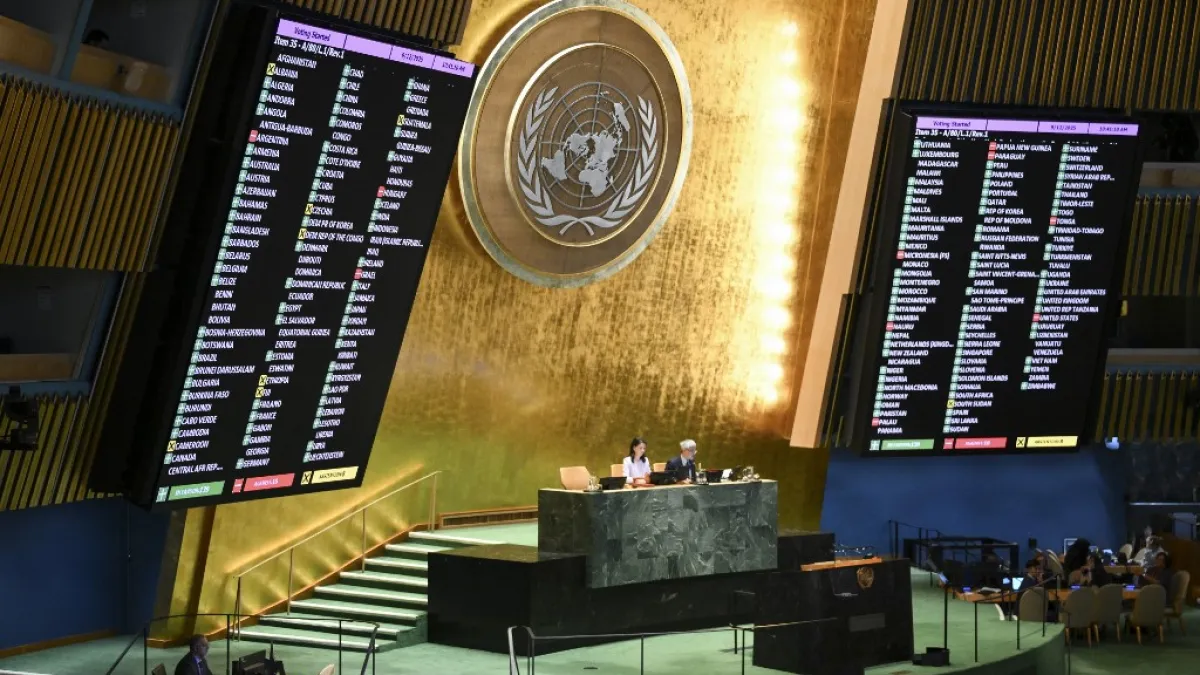United Nations presses for answers on US funding commitments | United Nations News
UN spokesperson says the international body is ‘waiting to see exactly when payments’ will be made by Washington.
Published On 9 Feb 2026
The United Nations has asked the United States for clarity regarding unpaid budget dues, as declining US engagement puts the international organisation under growing strain.
UN spokesperson Stephane Dujarric said on Monday that while the US ambassador, Mike Waltz, said last week that payments would begin within weeks, no further details had been offered.
Recommended Stories
list of 3 itemsend of list
“We’ve seen the statements, and frankly, the secretary-general has been in touch for quite some time on this issue with Ambassador Waltz,” Dujarric said during a news briefing.
“Our [budget] controller has been in touch with the US; indications were given. We’re waiting to see exactly when payments will be made and in what amounts,” he added.
UN officials have said that unpaid fees from the US account for about 95 percent of all outstanding UN budget dues, as the administration of President Donald Trump decreases US involvement in international organisations.
UN chief Antonio Guterres warned in a January letter that the international body faces “imminent financial collapse” on account of unpaid membership dues.
The US owed the UN about $2.19bn by the start of February, along with another $2.4bn for peacekeeping missions and $43.6m for UN tribunals. UN officials have said that the US did not pay $827m for the budget last year, and has not paid $767m for 2026.
The US and its top ally, Israel, have frequently criticised the UN and sought to undermine its agencies, which they say are in opposition to their national interests.
The UN’s human rights chief, Volker Turk, said last week that his office was in “survival mode” amid budget shortfalls. The Trump administration cut off contributions to the agency in 2025.
Turk’s office has frequently issued critical reports about severe rights abuses by Israeli forces against Palestinians that the US and Israel have denounced.
Waltz said last week that the UN would see a “significant” payment towards the US dues soon, telling the Reuters news agency that “you’ll certainly see an initial tranche of money very shortly”.
“Just in general, towards the arrears, and also in recognition of some of the reforms that we’ve seen,” he said.
Last year, the Trump administration released a National Security Strategy, which asserted that the “world’s fundamental political unit is and will remain the nation-state”, not international organisations.
The US has historically been the largest donor to the UN and its programmes.
However, some conservatives from Trump’s Republican Party view the organisation as a hindrance to US global dominance, and international rules and regulations as a threat to the country’s sovereignty.
